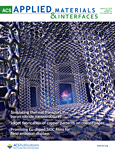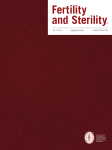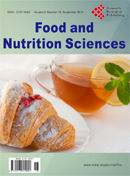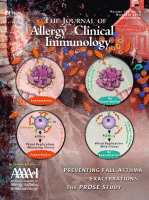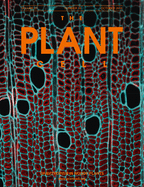Errors in the interpretation of some of the data — the result of “procedural flaws” — are to blame for the retraction of a paper on a way to help skin grow back after injury.
The paper explores a method involving nanofibers. According to the abstract:
In this study, tilapia skin collagen sponge and electrospun nanofibers were developed for wound dressing…the collagen nanofibers stimulated the skin regeneration rapidly and effectively in vivo.
The paper was published January 19, 2015 by ACS Applied Materials and Interfaces, then retracted eight months later, in August. It has not been cited, according to Thomson Scientific’s Web of Knowledge.
Here’s the retraction note:
